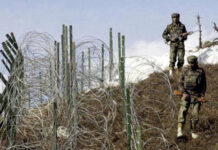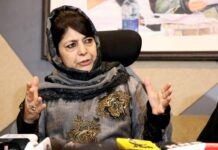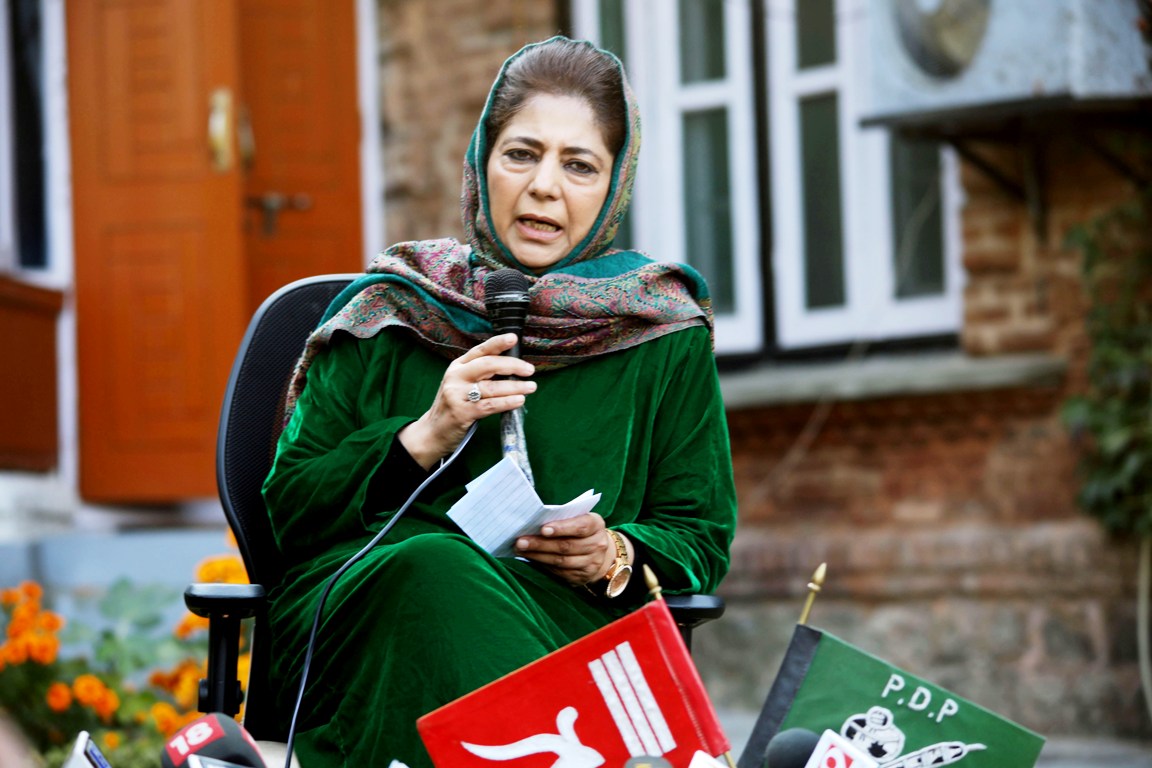SRINAGAR: Change is changeless and that is what life is all about. The US is finally talking to the Taliban. And the Taliban are talking to the Afghan government at the same time. More interesting is that Delhi has finally decided that it must be part of the process and has shared the table with the Taliban last week.
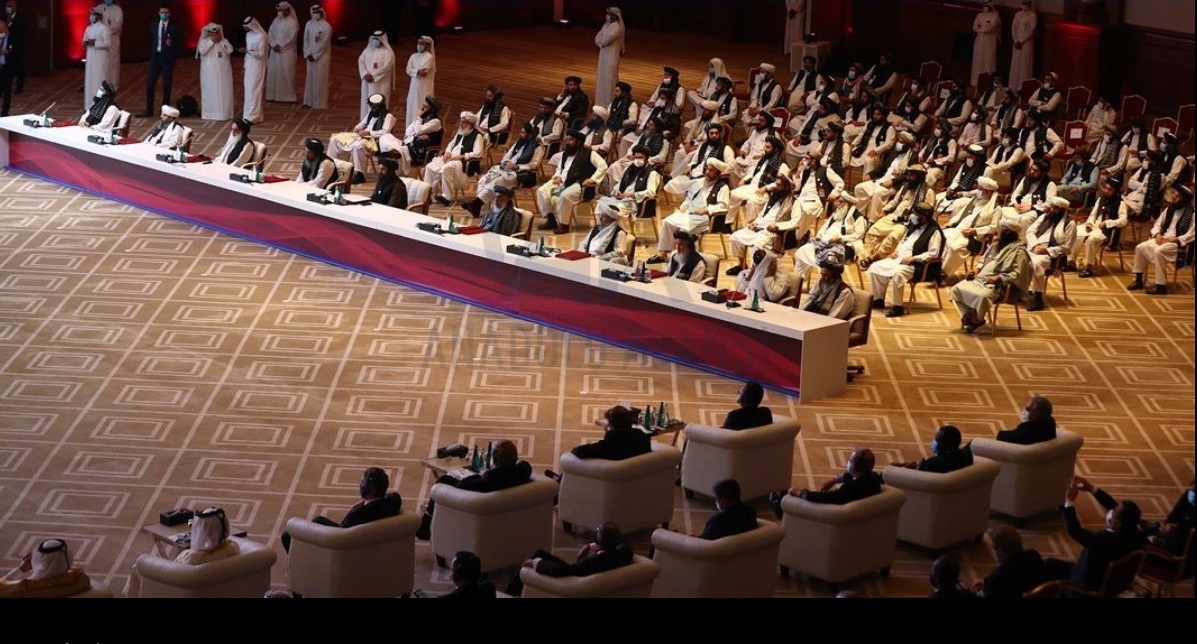
Despite the ongoing talks, what has shocked analysts everywhere is that the violence has not ceased. Taliban has agreed to spare the US troops but continues attacking the US back Afghan government recruits, officials and the infrastructure.
I was proud to visit Doha at this truly historic time for the Afghan people. Grateful to the government of Qatar for their support for these critical negotiations as we strive towards a lasting peace for the people of Afghanistan. pic.twitter.com/0gi0R30pMi
— Secretary Pompeo (@SecPompeo) September 13, 2020
Prisoner Negotiator
As the talks continue, what became the major news from Doha was about a former Guantanamo Bay detainee who is part of the negotiations for Afghanistan peace and met with the US Secretary of State, Mike Pompeo.
Identified as Mullah Muhammad Nabi Omari, the Afghan was held for nearly 12 years in prison. It was revealed when a former fellow prisoner, Faiz Mohammad Ahmed Al Kandari tweeted about the happening on September 13. After being set free in 2016, Kandari now lives in Kuwait.
إنه المعتقل السابق في غوانتنامو
(الملا محمد نبي عمري)..
لا زلت أذكر حين قال لي ونحن في المعسكر السادس وهو يشير إلى الشمس:
(يقيني بالفرج والنصر أعظم من يقيني أن هذه الشمس طالعة، إنها مسألة وقت، والعاقبة للمتقين) pic.twitter.com/ncv0pYom5V— فايز الكندري (@fayezalkandary) September 13, 2020
“I still remember when he (Mullah Muhammad Nabi Omari) said to me while we were in the sixth camp, pointing to the sun: My certainty of relief and victory is greater than my certainty that this sun is rising, it is a matter of time, and the consequence is for the righteous,” Kandari wrote in his tweet.
The Khost born Omari, according to Turkish broadcaster, TRT, is part of influential “Taliban Five” who was flown to Cuban prison in 2002 and was retained there for 12 years. “In 2014, he was transferred to Qatar together with four other men known as the “Taliban Five” in an exchange for US soldier, Bowe Bergdahl, who had been a Taliban prisoner since 2009,” the agency reported. The swap was brokered by the Qatari Emir Tamim bin Hamad. At the time of the swap, Donald Trump had criticised the swapping of “five killers”.
Interestingly, Pompeo, then a Republican Congressman had said: “I’ve seen nothing that causes me to believe these folks are reformed or [have] changed their ways or intend to reintegrate to society in ways to give me any confidence that they will not return in trying to do harm to America.”
Barely six years later, both Trump and Pompeo did not only initiate the peace talks but the after met the same man who was a US detainee.
US Brokered Process
The US has brokered intra-Afghan talks, currently in progress in the Qatari capital Doha. Speaking in Washington, Pompeo – after his return from Doha, said the ongoing peace negotiations over the future of Afghanistan will be a “difficult” process but will help reduce the cost of war and risk to America. Taliban and the Afghan government teams are negotiating to agree on a permanent cease-fire and a power-sharing deal to govern Afghanistan after the withdrawal of all US and allied troops.
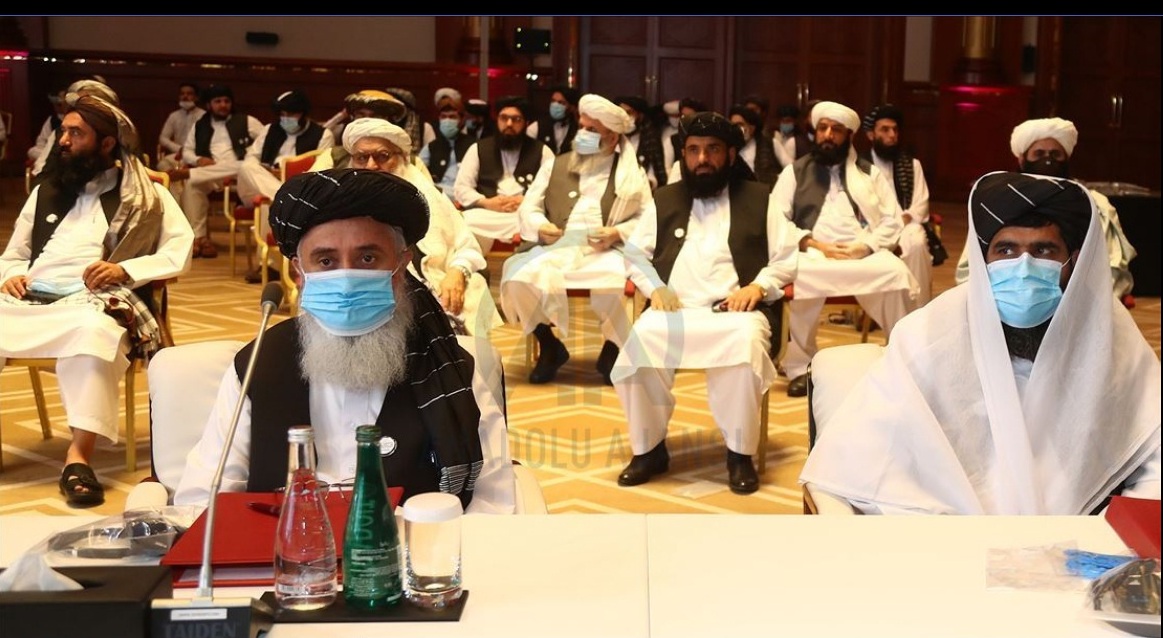
“We are now delivering a set of outcomes that will reduce the costs in blood from our American servicemen and women, in treasure from the American taxpayer and risk to the USA,” Voice of America quoted Pompeo telling virtually to the Atlantic Council. “For the first time now in 20 years, Afghans sat down together to begin to pound out what a reconciled peaceful Afghanistan might look like. Under no illusion about who we are negotiating with, who these parties are, how difficult that process will be.”
The intra-Afghan talks stemmed from a landmark February deal between the US and the Taliban, also signed in Doha, where the insurgents run their political office. The pact requires the Taliban to disallow al-Qaida-led terrorists to plot international attacks and begin direct peace talks with Afghan rivals to seek a negotiated end to the war. In return, Washington has begun pulling out US forces from Afghanistan, bringing their number down to about 8,600 from roughly 13,000 at the time of signing the deal. The foreign troops would eventually leave the wrecked country by April 2021. The US has lost over 2,400 soldiers in Afghanistan since late 2001.
The Deal
Under the US-Taliban deal signed in February, a prisoner swap of about 5,000 Taliban prisoners and 1,000 detained Afghan security personnel was agreed as a confidence-building measure ahead of formal peace talks aimed at ending the 19-year war. Since signing the agreement, the Taliban have kept a promise not to attack US and NATO troops, but they have carried out regular attacks on Afghan security forces.
Glad to receive Amb. Zalmay Khalilzad @US4AfghanPeace this evening. Useful discussions on the Doha Meeting and its follow-up. pic.twitter.com/ClmuSOg4aw
— Dr. S. Jaishankar (@DrSJaishankar) September 15, 2020
Both the sides are reportedly moving ahead positively in the negotiations. The initial meeting was attended by diplomats from 13 countries. Four Afghans women are part of the ongoing negotiations with the sole objective to retain the women’ rights in a possible new government in which the Taliban will have the final say.
“The biggest and most important priority of our people is to stop the bloodshed in the country,” the Afghan government’s chief negotiator, Masoom Stanekzai, was quoted telling the joint meeting on September 15. “This moment that we sit here, tens of youth are being martyred, women widowed, children orphaned.”
“Who killed more, who killed less is not the debate,” he added. “What is important is: Why are Afghans dying?”
Taliban chief negotiator Mawlawi Abdul Hakim, meanwhile, emphasized that the two sides should resolve the country’s problems independently and with tolerance and patience.
Hakim added that the Taliban is seeking to establish a “truly Islamic” country. The Taliban is not fighting to seize power, the militant group’s chief negotiator said, but for Afghanistan to be free of occupation and for the establishment of an Islamic system.
Delhi Concerns
Delhi was a reluctant supporter of the process.
M K Badhrakumar, a defence expert, said when American diplomat responsible for the talks, Zalmay Khalilzad visited Delhi in May, he found not much of acceptance to what he was saying.
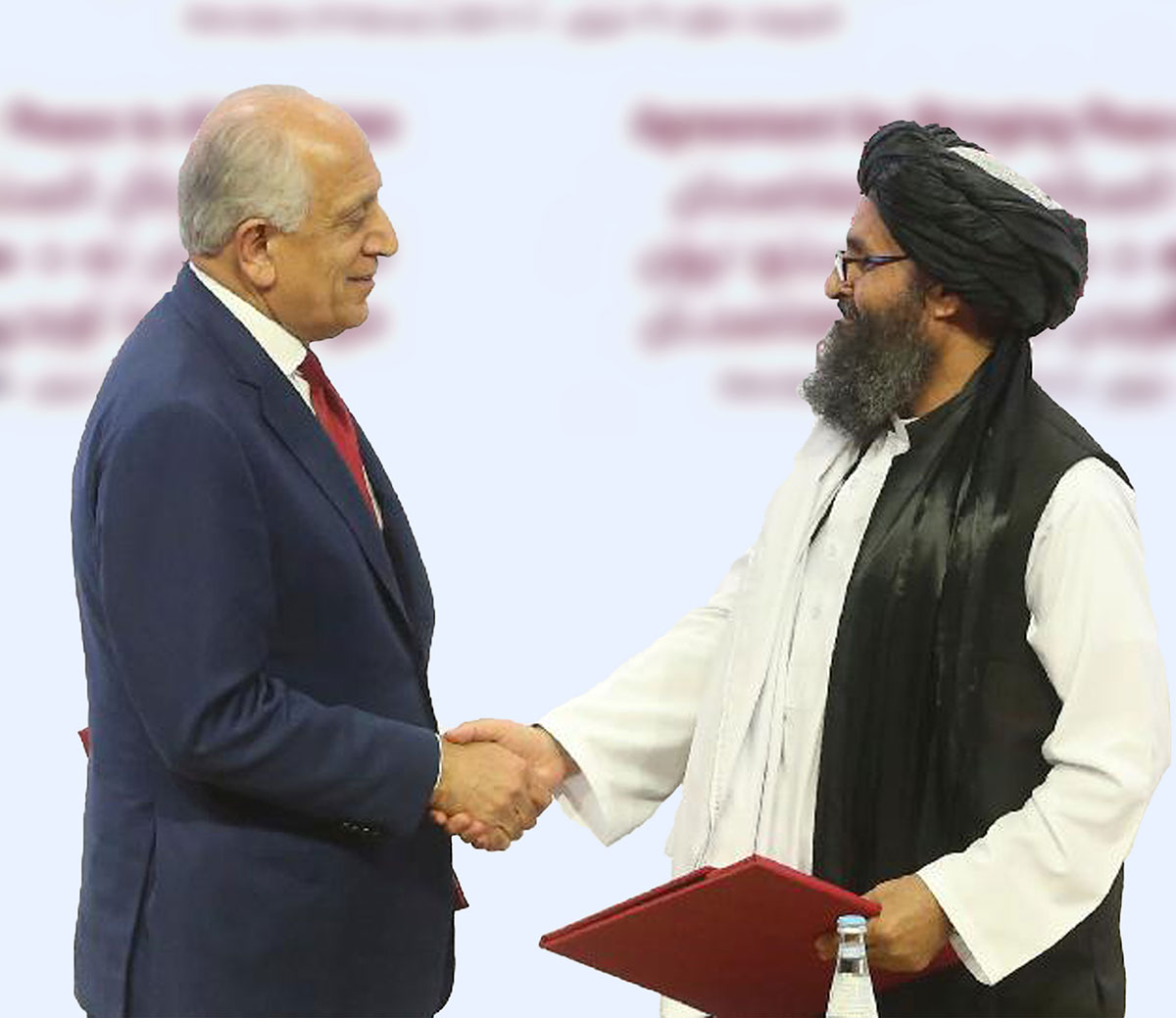
After the May meeting, the MEA statement said that “It was emphasised (to Khalilzad) that putting an end to terrorist safe havens and sanctuaries is necessary for enduring and sustainable peace and stability in Afghanistan.” Badhrakumar wrote “instead of rationally”, Delhi “reportedly made a litany of pre-conditions” including “protection of rights of all sections of the Afghan society, including Afghan Hindus and Sikhs.”
As the talks took office, Delhi felt a sense of urgency. “After much huffing and puffing, the Indian establishment has calmed down and is doing precisely what he told them to do in May,” Bhadrkumar wrote. “The unconditional U-turn in India’s Taliban policy is so complete that the Indian establishment is overnight celebrating the retreat as a grand historic success of diplomacy. Oh, what an ecstatic moment — to be able to sit around a big table with the Taliban!”
Khalilzad Visit
An Indian delegation was part of the inaugural meeting of the talks. While the two sides are talking in Qatar, Zalmay Khalilzad flew to Islamabad on Monday and later to Delhi, a day later, and had detailed interactions. His was his fifth meeting to Delhi since 2018 when he was appointed to manage peace in Afghanistan.
On Tuesday, External Affairs Minister S Jaishankar had a detailed meeting with Khalilzad on the ongoing peace negotiations. National Security Advisor Ajit Doval and Foreign Secretary Harsh Vardhan Shringla were also present in the meeting.
In his address at the ceremony, according to NDTV Jaishankar said India expects that the soil of Afghanistan is never used for any anti-India activities. Jaishankar has stressed on the need for the peace process to be “Afghan-led, Afghan-owned and Afghan-controlled” during the inaugural session.
“There have been apprehensions in India over the possibility of use of Afghan soil for anti-India activities if a new dispensation that is friendly to Pakistan emerges from the intra-Afghan negotiations,” NDTV reported. “India has been a major stakeholder in peace and stability in Afghanistan. It has already invested USD two billion in aid and reconstruction activities in the country.”
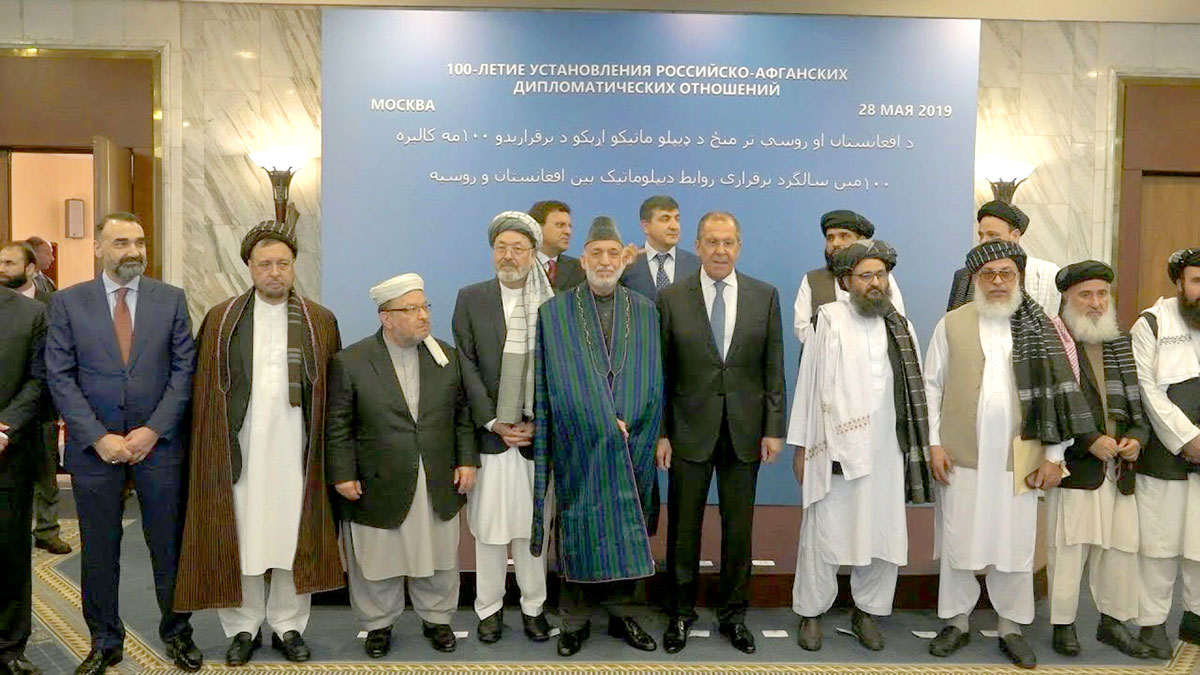
“The United States and India share the view that the peace process must continue until there is agreement on a political roadmap and a comprehensive and permanent ceasefire,” a statement issued by US embassy in Delhi said. “The Afghan sides should ensure their territory must not be used by any terrorist group against any other country.”
Earlier, Khalilzad visited Islamabad on Monday where he met Pakistan Army chief Gen Qamar Javed Bajwa and discussed the Afghan peace process among other issues.



